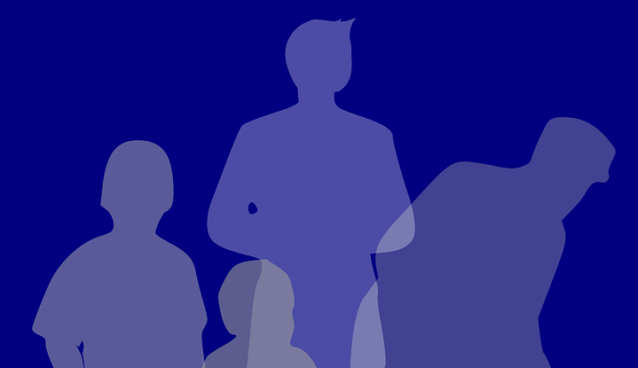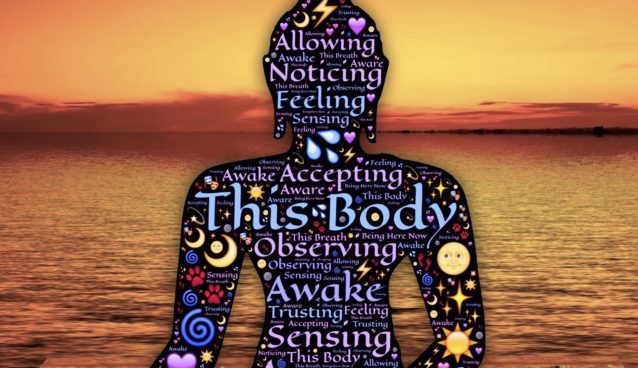Kohlberg’s Theory of Moral Development

Table of Contents
Introduction
Moral Education is also referred to as character education. The term value education has replaced the term moral education in academic parlance. There is much debate going on about what is value education, whether and why value education should be part of the school curriculum.
Lawrence Kohlberg conducted a series of studies with children and adults.
Moral Development : Definition
Kohlberg defined moral development as the development of an individual’s sense of justice. He clarified that internal and cognitive processes like thinking and reasoning also plays a major role in one’s moral development i.e. the way children make moral judgement depends on their level of intellectual development as well as on their upbringing and learning experiences.
Theory of Moral Development
Kohlberg suggested that moral development happens in a specific sequence of stages which is not culture specific. He identified six stages of moral development within three levels. There are two specific stages in each level. Moral development in stages indicate that each stage is quantitatively different from the previous one, more comprehensive and corresponds to a particular age group.
Level I : Pre-moral Level (Age 4 to 10 years)
In this level , the child begins to make judgements about what is right or wrong, what is good or bad.
This level consists of two stages :
Stage 1 : Punishment and Obedience Orientation
In the beginning, the child’s morality is controlled by the fear of punishment. The child tries to obey his parents and elders purely to avoid reproof and punishment.
Stage 2 : Instrumental Relativistic Orientation
In the second stage, children’s moral judgement is based on self-interest and considerations of what others can do for them in return. Here, the child value a thing because it has some practical utility for them. They obey their parents and elders and abide by some rules and regulations because it serves their purpose.
Level II : Convention Morality Level (Age 10 to 13 Years)
At this level, children’s moral judgement is controlled by the likes and dislikes of others and the conventions/rules/regulations/law/order system maintained within the society.
This level consists of two stages :
Stage 3 : Interpersonal Concordance
The child’s moral judgement is based on the desire to obtain approval of others and avoid being declared a bad boy/girl. For this purpose, the child begins to judge the intentions and likes or dislikes of others and acts accordingly.
Stage 4 : Law and Order Orientation
At this stage, children’s moral judgements are governed by the conventions as well as the laws and mores of social system. The children now follow the rules and regulations of the society and take decisions about things which is right or wrong.
Level III : Self Accepted Moral principles Level ( Age 13 or during late adulthood)
The controlling force for making judgements now rests with the individual himself.
This level consists of two stages :
Stage 5 : Rational Outlook or Social Contact Orientation
The individual at this stage begins to think in rational terms, valuing the rights of human beings and welfare of the society. He responds positively to authority only if he agrees with the principles of demand of the authority.
Stage 6 : Universal Ethical Principle Orientation
At this stage, the controlling forces for making moral judgements are highly internalised. The decisions of the individual are now based upon his conscience and the belief in Universal Principles of respect, justice and equality. He does what he as an individual think right regardless of legal restrictions or the opinions of others.
Conclusion
It is clear from the above discussion that although children begin to think about morality in terms of justice or right or wrong at an very early age, yet they have to wait until adolescence for the rising of the stage of true morality. Moreover, the co-ordination among child’s Id, Ego and Superego also plays an important role in the development of morality.
Related Learning : Child Development Stages by Age



